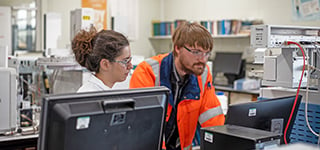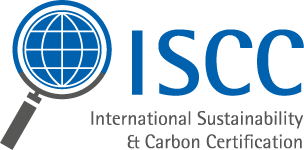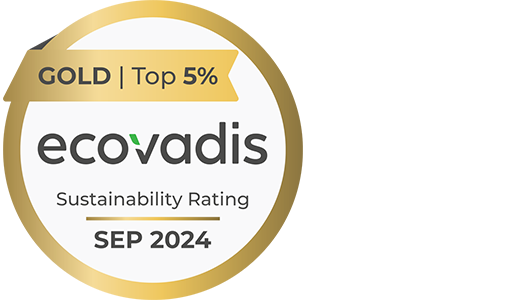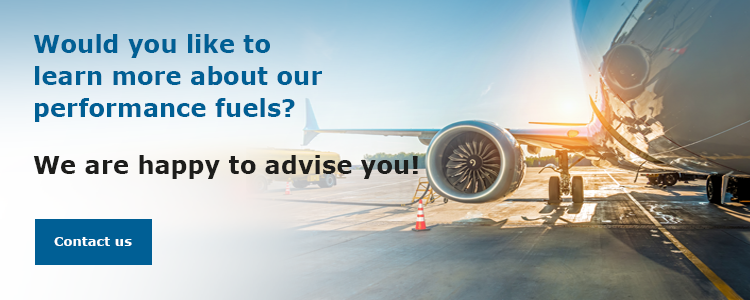
Mobility has always been part of human visions and ideas, as well as a decisive driver for progress. Aviation plays a particular role in this and there is now no destination in the world that cannot be reached in 24 hours. However, air travel represents a huge challenge if we wish to ensure the protection of our climate. To make flying more sustainable, new technologies, alternative aviation fuels and new concepts are being pursued. Read more about the developments towards sustainable flying.
We cannot yet fly 100 per cent sustainably. Nevertheless, a lot has happened in recent years. Airport operators, airlines, legislators, academia, and industry have worked hand in hand to bring forward innovative solutions and alternative fuels that offer significantly reduced emissions. Society is ready to drive this development forward.
In order to protect our climate and make climate neutrality possible, a range of approaches will be needed. Many initiatives to reduce CO2 emissions and increase efficiency at airports are already well practised. For instance, savings through improved flight routing or landing and take-off manoeuvres and alternatives to fossil jet fuels (so called Sustainable Aviation Fuel (SAF)) - play one of the most important roles.
Sustainable flying needs rapid implementation of Sustainable Aviation Fuel (SAF)
Sustainable Aviation Fuel (SAF) include biofuels made from waste and residue biomass and synthetic fuels that use renewable energy and CO2 as raw materials. Sustainable Aviation Fuel, unlike hydrogen or electric propulsion, is already a reality and directly applicable.
Sustainable flying with SAF – top three benefits:
-
- CO2 emissions in the aviation sector are significantly reduced.
- As so-called drop-in fuels, they can be mixed with fossil fuels.
- No technical modifications to the engine or turbines are necessary.
Sustainable, climate-neutral flying will be possible
A major driver for climate-neutral flying is legal regulation, which defines clear targets and creates incentives for investments in modern technologies, renewable energies and sustainable products such as Sustainable Aviation Fuel (SAF). The most important directive is the European Green Deal and the Fit for 55 initiative, which among other things defines sustainability criteria in the aviation sector.
The reality is that renewable aviation fuels are still considerably more expensive than fossil alternatives. In order for Sustainable Aviation Fuels (SAF) to become more financially attractive in the future, it needs a distinct political positioning with a clear framework.
This means primarily concrete specifications as to when and how much SAF should be used. This is the only way to ensure an even more intensive expansion of research and development in this area and, of course, a clear push for the development of production facilities and capacities. The ReFuelEU Aviation Regulation is a step in the right direction. Today, more than 104 airports worldwide now offer SAF.
Sustainable flying: Sustainable Aviation Fuel (SAF) Milestones
|
Read more about sustainable flying and other important climate action in these blog articles:
- Reducing CO2 emissions: Sustainable solutions at Haltermann Carless
- SAF: Haltermann Carless aspires to contribute to climate-neutral aviation
- SAF: Which feedstocks can be used for sustainable aviation fuels?
- ReFuelEU Aviation Regulation targets increased SAF usage
- Sustainable Aviation Fuel (SAF) - solution for climate-neutral flying
Conclusion
To achieve climate neutrality in aviation, Sustainable Aviation Fuel (SAF) is an important lever. This requires manufacturers to invest in plant technology and have the necessary expertise around fuels and sustainable fuel development. Haltermann Carless has been familiar with precisely these topics for generations and is sending a strong signal for more climate protection in aviation. Thus, we strive to become the first commercial Sustainable Aviation Fuel (SAF) producer in Germany in the near future.
Learn more about our SAF activities and production site.
Stay informed with our Blog!
Subscribe to our blog and benefit from regular information on sustainability, chemical purchasing, research & development and supply chain management:

























